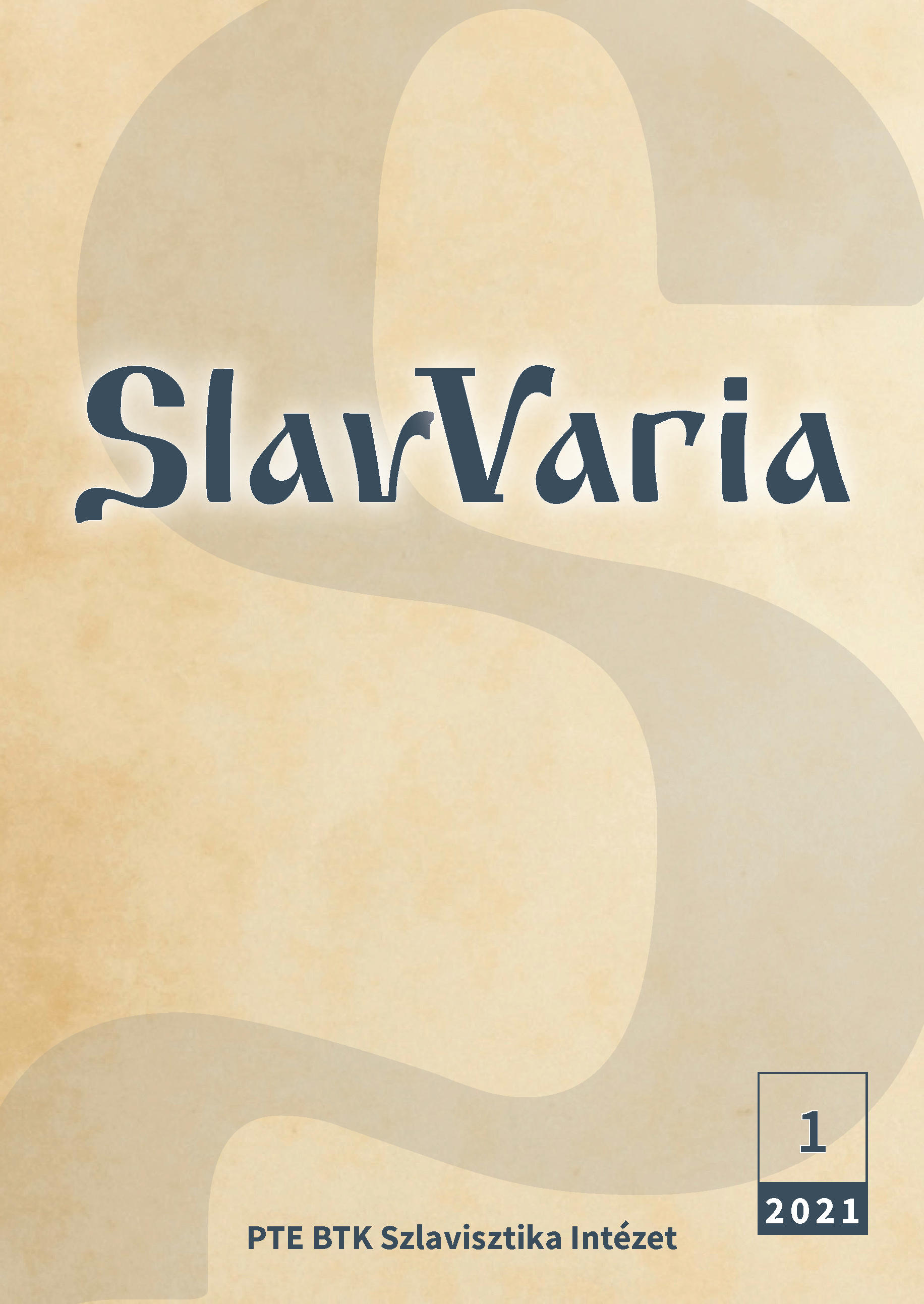Шекспировские источники темы «потаённой вины» и греховного сознания в «Поэме без Героя» Анны Ахматовой
DOI:
https://doi.org/10.15170/SV.1/2021.153Kulcsszavak:
Keywords: “Macbeth”, allusions, guilt, sin, self-consciousnessAbsztrakt
Shakespearean sources for the theme of “hidden guilt” and sinful conscience in Anna Akhmatova’s Poem Without a Hero. The article examines the semantic, narrative and figurative parallels between Akhmatova’s Poem Without a Hero and Shakespeare’s play Macbeth. Akhmatova’s particular interest in Shakespeare in general and Macbeth in particular is taken into account. It is suggested that certain situations and images in Macbeth could be the source of some semantic components of the theme of secret guilt and sinful consciousness, which is important for Akhmatova’s self-understanding and creative being. Among such Shakespearean semantic and formative elements, the story of the death of Macduff’s family and the complex of motifs associated with the crimes and torments of conscience of Lady Macbeth are highlighted. It is suggested that the first theme refers to the semantics of the painful theme of “generic guilt” for Akhmatova which is associated with the fate of her son. The semantic tension and emotional expressiveness associated with the image of Lady Macbeth is evident in some of the allusions, both incidental and perhaps planned by the author, which link the tragedy and the poem. Moreover, Lady Macbeth may occupy an important place in the complex system of authorial doubles and masks that are presented in Akhmatova’s poetry.


